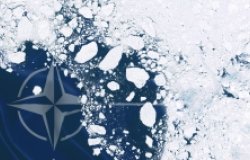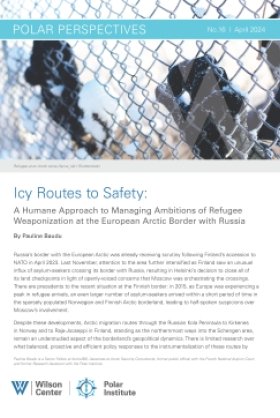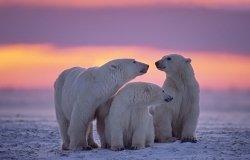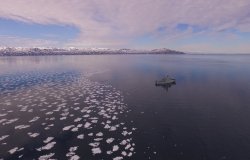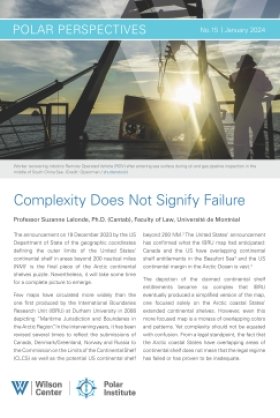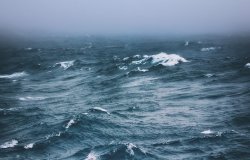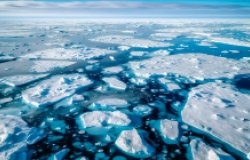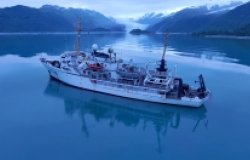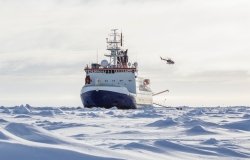Points of Clarity | US - Russia Arctic Identities
Most Americans don't view the US as an Arctic nation, but Russia emphasizes its Arctic identity as a source of strength and pride, enhancing Putin's domestic political standing. Dr. Rebecca Pincus, director of the Wilson Center's Polar Institute answers the question: "How do US and Russian views of their Arctic identities differ?"
Video Transcript
US - Russia Arctic Identities
This transcript has been lightly edited for clarity.
The United States and most Americans don't identify, as an Arctic nation. We don't tend to think of ourselves as part of the Arctic in this country. It's very far away from most Americans lived experience.
In Russia, by contrast, the Russian Arctic identity is a central part of Russia's sense of place and sense of self. It's an enormous point of pride to Russians that they have a huge Arctic territory, that they have advanced Arctic capabilities, that that the Arctic is sort of a core part of their place in the world. And so that means that for Russia, their strategic calculus around the Arctic is bigger than just a military-economic calculus. And it also means that when President Putin directs activities in the Arctic, whether it's construction or military exercises, he's got an eye on the domestic audience and the domestic political effects of those moves more or perhaps equal to the practical effects.
So, for example, when you see something like a flag planting at the North Pole in 2007, or you see Russian paratroopers dropping onto the ice at the North Pole or Russian scientists unfurling a giant Russian flag across the ice, yes, that's signaling to the United States and NATO, but it's also signaling to the Russian people that that Russia is an Arctic state, that we are strong and proud in the Arctic and that has a really important domestic political benefit for Putin, particularly at a moment like today, where Russia is is weak and challenged on many fronts, pointing to the Arctic as a source of strength, an area of of dominance and power and capabilities is, is really one of the sort of trump cards that that Putin can still play.
Guest

Hosted By

Polar Institute
Since its inception in 2017, the Polar Institute has become a premier forum for discussion and policy analysis of Arctic and Antarctic issues, and is known in Washington, DC and elsewhere as the Arctic Public Square. The Institute holistically studies the central policy issues facing these regions—with an emphasis on Arctic governance, climate change, economic development, scientific research, security, and Indigenous communities—and communicates trusted analysis to policymakers and other stakeholders. Read more


